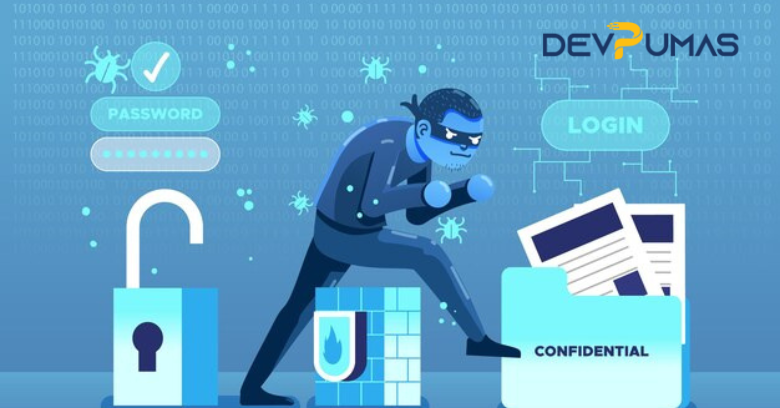In an increasingly digital world, website security is paramount. Cyber threats are constantly evolving, making it crucial for website owners to implement robust security measures to protect their online presence. This article outlines essential tips for enhancing website security and safeguarding your data and users.
1. Implement SSL/TLS Certificates
One of the fundamental steps in securing your website is to use SSL (Secure Sockets Layer) or TLS (Transport Layer Security) certificates. These certificates encrypt the data transferred between your website and its users, ensuring that sensitive information, such as login credentials and payment details, remains private and secure.
Benefits:
- Data Encryption: SSL/TLS certificates encrypt data, preventing unauthorized access.
- Trust and Credibility: Websites with SSL/TLS certificates display a padlock icon in the address bar, which builds user trust.
- SEO Advantage: Search engines like Google favor HTTPS websites, potentially improving your search rankings.
2. Keep Software Up-to-Date
Outdated software is a common entry point for cyberattacks. Regularly updating your website’s content management system (CMS), plugins, themes, and other software components is crucial to fix security vulnerabilities.
Tips:
- Automatic Updates: Enable automatic updates where possible to ensure timely patching of security flaws.
- Regular Audits: Conduct regular audits of your website’s software to identify and address outdated components.
3. Use Strong Passwords and Multi-Factor Authentication (MFA)
Weak passwords are an easy target for hackers. Enforcing strong password policies and implementing multi-factor authentication (MFA) can significantly enhance your website’s security.
Tips:
- Password Complexity: Require passwords to include a mix of letters, numbers, and special characters.
- MFA Implementation: Use MFA to add an extra layer of security, making it more difficult for unauthorized users to access your site.
4. Regular Backups
Regularly backing up your website ensures that you can quickly restore your site in the event of a cyberattack or data loss. Backups should be stored securely and include all essential data.
Tips:
- Automated Backups: Use automated backup solutions to ensure regular and consistent backups.
- Offsite Storage: Store backups in a separate location to prevent data loss in case of server compromise.
5. Web Application Firewall (WAF)
A Web Application Firewall (WAF) protects your website by filtering and monitoring HTTP traffic between a web application and the Internet. It can block malicious traffic and prevent common attacks such as SQL injection and cross-site scripting (XSS).
Benefits:
- Real-Time Protection: WAFs provide real-time protection against various web threats.
- DDoS Mitigation: Some WAFs also offer protection against Distributed Denial of Service (DDoS) attacks, ensuring your website remains accessible.
6. Secure File Uploads
Allowing users to upload files to your website can introduce security risks. It’s essential to implement secure file upload practices to prevent malicious files from compromising your site.
Tips:
- File Type Restrictions: Limit the types of files that can be uploaded.
- Malware Scanning: Scan uploaded files for malware and other malicious content.
- Storage Location: Store uploaded files in a directory outside the web root to prevent direct access.
7. Monitor and Analyze Traffic
Regularly monitoring and analyzing your website’s traffic can help identify suspicious activities and potential security threats. Tools like Google Analytics and server logs can provide valuable insights into your website’s traffic patterns.
Tips:
- Anomaly Detection: Set up alerts for unusual traffic patterns, such as sudden spikes in traffic or requests from suspicious IP addresses.
- Log Analysis: Regularly review server logs to identify and investigate potential security incidents.
8. Educate Your Team
Human error is a significant factor in many security breaches. Educating your team about website security best practices can help prevent accidental security lapses.
Tips:
- Training Programs: Implement regular security training programs for all team members.
- Security Policies: Develop and enforce security policies, including acceptable use policies and incident response procedures.
Conclusion
Website security is an ongoing process that requires vigilance and proactive measures. By implementing these essential security tips, you can protect your online presence, safeguard your data, and ensure a secure experience for your users. Regularly review and update your security practices to stay ahead of evolving cyber threats.
By following these best practices, you can significantly reduce the risk of cyberattacks and maintain the integrity and trustworthiness of your website.




